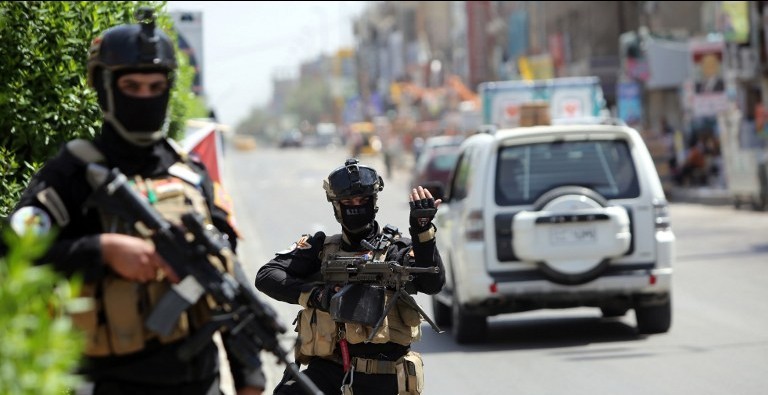In 1938, the CBS Radio Network broadcast an episode of The Mercury Theatre on the Air called “The War of the Worlds,” based on the novel by H.G. Wells that chronicled an invasion of Earth by Martians. The broadcast is only notable some 87 years later because thousands of listeners to the show came to believe it was real, and that’s because it was presented as breaking news in a series of bulletins which periodically interrupted what purported to be a program of live music.
The first calm “news reports” describe an unusual object falling from the sky in Grovers Mill, New Jersey. The crisis escalates dramatically when an on-scene reporter describes creatures emerging from what is evidently a spacecraft. The aliens employ a heat ray against police and onlookers, and the radio correspondent describes the attack in an increasingly panicked voice until his audio feed abruptly goes dead.
Subsequent news updates describe an alien invasion that the U.S. military is unable to stop. Then the story is seen through the eyes of a survivor played by a young, then-unknown actor named Orson Welles. In the end, the Martians succumb to some sort of Earthly microbes.
Because so many people were fooled by the broadcast, there was an outcry against the show’s creators for the program’s faux realism and deceptive format. In a news conference the following day, Welles apologized.
I was reminded of the “War of the Worlds” episode on Saturday, as I watched President Trump — flanked by fellow Martians J.D. Vance, Marco Rubio, and Pete Hegseth — announcing that the United States had just bombed three nuclear sites in Iran. Trump managed to get through 17 seconds of teleprompter text, ending with his carefully read pronunciations of the targeted sites, before going off on a ramble about how “everybody has heard those names for years” (Really?) and how the bombs would stop “Iran’s nuclear indrucement [sic] capacity.” Perhaps he meant “enrichment,” but who knows?
He then freestyled a weave about how Iran’s “specialty” was “blowing off arms and legs,” before going on to congratulate fellow warmonger Bibi Netanyahu, adding that he and the Israeli prime minister “had worked as a team like perhaps no team has ever worked before.” Right. Beavis and Butt-Head would like a word.
After threatening Iran with another bombing and bragging how “there are many targets left” that would be “easy to attack,” Trump wrapped things up by praising his “spectacular” generals and adding: “I just want to thank everybody, and in particular, God. I just want to say we love you, God. And we love our military.” I’m sure God was honored.
Within minutes, Fox News and other Trump-fluffers jumped into action, praising the president for his bold decisiveness and “courage.” GOP politicians raced to the nearest camera to kiss Trump’s ass. Democrats were quick to accuse Trump of overstepping his authority and violating the U.S. Constitution by launching military attacks without the approval of Congress, but it was mostly just more futile noise. And there were rumblings from some in MAGA world, who vaguely remembered that Trump had promised he wouldn’t drag the U.S. into another war. Oops.
For me, the whole affair brought back the “weapons of mass destruction” facade erected by George Bush, Dick Cheney, Donald Rumsfeld, and Colin Powell in order to invade Iraq in 2003. And we all remember how that worked out so very well.
War is never neat and clean. War is never spectacular, never easy. Nations that are attacked will retaliate, one way or another, no matter how “successful” the initial assault. Young people die in combat. Innocent men, women, and children become civilian collateral damage. Countries are destroyed. Cities are reduced to rubble. And victims don’t forget.
Remember their names: Vietnam, Afghanistan, Iraq, Syria, Gaza, and now Iran — places where hundreds of thousands of people died for lies, for politics, for machismo, for oil, for greed and ambition, and to deflect attention from domestic issues.
Now we’ve been sucked into another conflagration in the Middle East by a man with no concept of — or concern for — the potential destruction and death he’s enabled. For Trump, it’s all a show, about as real to him as “The War of the Worlds.” Except this time, the whole world is the audience, taking it all in and wishing it weren’t true.



